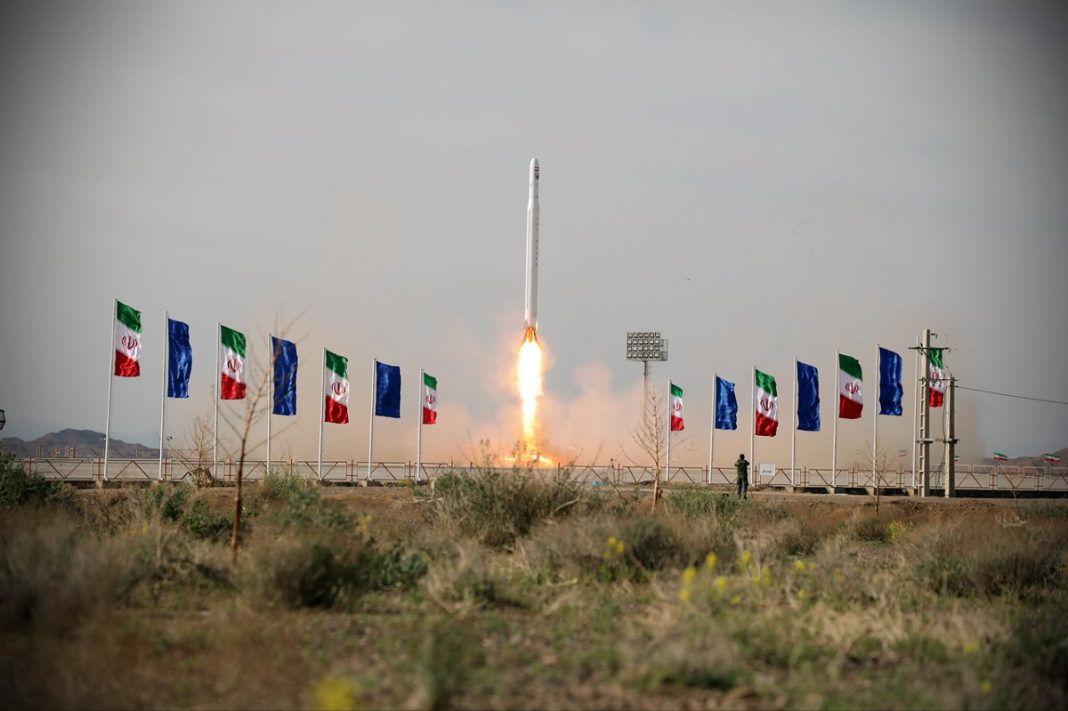Hassan Salariyeh, the head of the agency, said the technology used in Iranian-made satellite launch vehicles was still undergoing the “phase of consolidation” and needed a set of orbital and sub-orbital spaceflight test.
“The latest tests show the major part of problems with one of the launch vehicles has been solved,” the official said, describing the issues as the reason behind the failure of some of the country’s satellite launches.
“Currently, seven satellites stand in line to be launched, which we hope will be placed into the designated orbit and operationalized,” Salariyeh added.
The official also spoke of a plan to launch microsatellites into geostationary orbit, which is around 36,000 kilometers in altitude, in the years to come.
The next step, he added, would be sending an “operational satellite” carrying telecommunication cargos into geo orbit.
In March, Iran’s Islamic Revolution Guards Corps (IRGC) Aerospace Force launched its second homegrown satellite, dubbed Nour-2, into a low Earth orbit.
The domestically-developed satellite’s mission was to carry out a range of military and civilian missions in Iran, including reconnaissance and natural disaster response operations.
The first version of the satellite, called Nour 1, was successfully shot and placed into the orbit 425 kilometers above Earth’s surface in April 2020.
